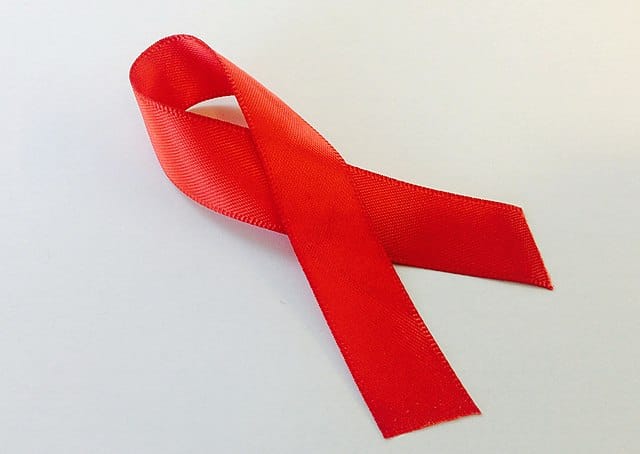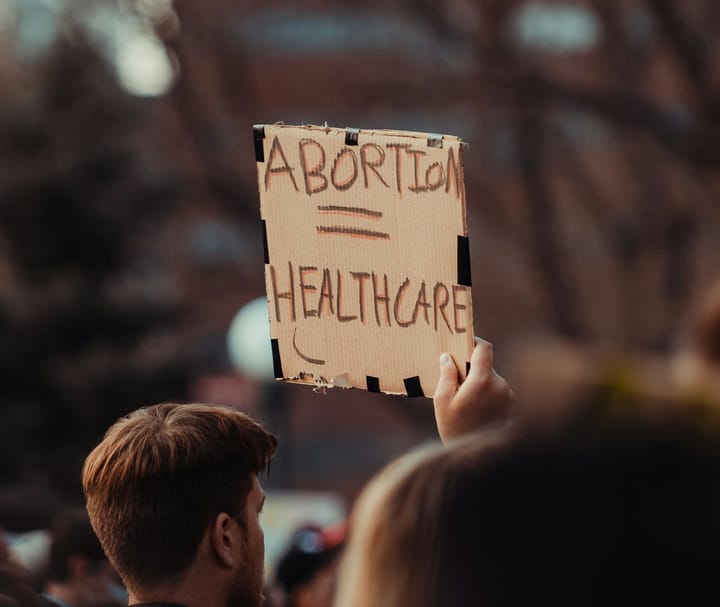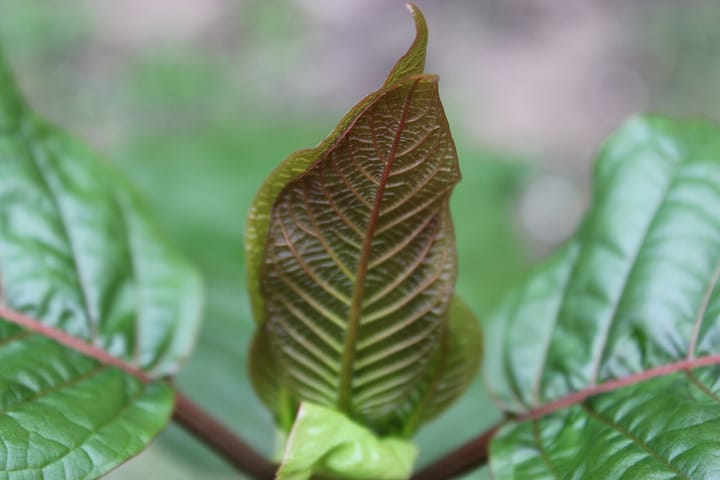What National Black HIV/AIDS Awareness Day Means Now
The work of uplifting Black women living with HIV has also never been more important at a time when national and international programs combating HIV are being devastated.

Friday, February 7 marks National Black HIV/AIDS Awareness Day. The Day was first commemorated in 1999 to signify the disproportionate toll HIV/AIDS has taken on the Black community. Over two decades later, the signifier carries extra meaning for organizations like the Afiya Center, the only reproductive justice organization in North Texas that was founded by, and primarily serves, Black women.
The Afiya Center was originally founded in 2008 to address the large health disparities that existed for Black women and girls who had contracted HIV, and the lack of support and programming they received. Texas Signal wanted to speak with the organization about why National Black HIV/AIDS Awareness Day is so important, and how their staff and patients are acclimating to a new reality for combating and treating the disease.
Marsha Jones, the Executive Director of the Afiya Center, notes that today is a particular meaningful opportunity for organizations that work with HIV patients. “Because we are an organization that unapologetically [centers] the experiences of Black women, that makes us uniquely positioned to highlight the experiences of Black women on such an important day,” she says. Too often Black women can be an afterthought for HIV awareness, stresses Jones.
And that work of uplifting Black women living with HIV has also never been more important at a time when national and international programs combating HIV are being devastated. The Afiya Center does not receive any funding from the government, but that does not mean the organization isn’t facing an immediate financial impact. The team at the Afiya Center is currently planning an annual gala that benefits their work with HIV and AIDS. Jones concedes that several previous funders now appear hesitant to contribute.
On top of that, the entire medical community is facing an uncertain future when it comes to readily available and affordable medication to prevent or treat HIV and AIDS. A case that originated in North Texas challenging the Affordable Care Act’s prevention treatment will be heard by the Supreme Court. At stake would be no-cost coverage for HIV prevention medication like PrEP. Jones doesn’t want to think too far ahead over potential outcomes, but she does concede it has the “potential to take us back.”
As organizations like the Afiya Center continue their work, around the world hundreds of other places that treat HIV and AIDS patients have had to stop because of a federal funding freeze. This has jeopardized treatments and trials. Some estimates show that up to twenty million worldwide could be impacted. Jones spoke recently with a community member of the Afiya Center with family in Malawi. According to that member, all the HIV clinics she knew had been closed. “It’s just devastating to think about,” says Jones. Even though Jones believes the clinics will start to reopen, irreparable damage has already occurred.
For Jones and her team, the Afiya Center has no choice but to continue their work like treatment and testing. “We are not an organization that has the luxury of stopping or laying down,” she says. This is also not the first time the Afiya Center has had to pivot in the face of adversity. In the last few years, the Afiya Center had to reorient around a near-total abortion ban and a once-in-a-lifetime pandemic. Throughout both of those events, the work persevered. So the team at the Afiya Center will continue to treat the community they were founded to serve: Black women living with HIV or AIDS.
“I just cannot believe that all of the work that we’ve done in the last forty-plus years, we’re going to lose all of that in a day or a year, I just don’t believe that,” says Jones. “I believe in the will of the people.”



Comments ()